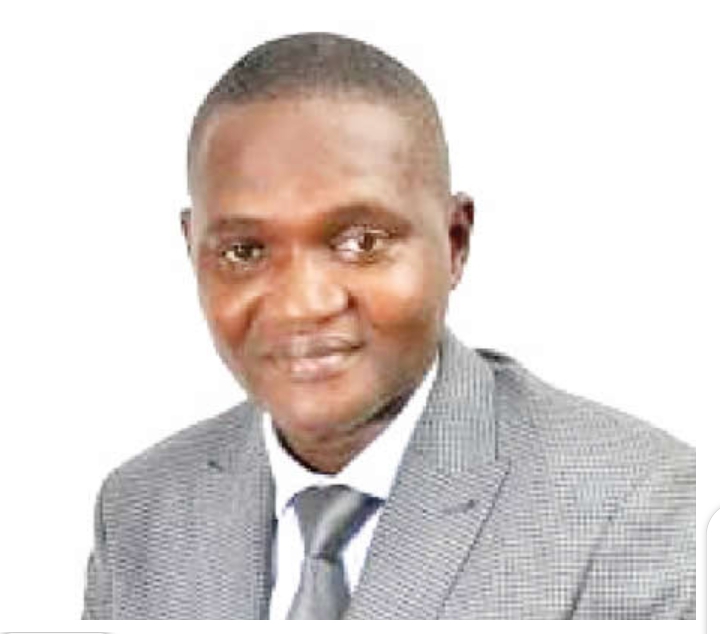Mental health professionals in Nigeria have expressed deep concern over the alarming surge in drug abuse, particularly among young people, attributing part of the crisis to a dangerous culture of denial and silence by parents and guardians.
According to psychiatrists, many Nigerian families are unknowingly enabling drug addiction by shielding their children from the consequences of substance abuse. This denial, they say, continues to frustrate efforts to tackle the growing menace, allowing it to fester unchecked in homes, schools, and communities.
A report by the United Nations Office on Drugs and Crime (UNODC) places Nigeria’s drug use prevalence at 14.4%, representing about 14.3 million individuals between the ages of 15 and 64 who had consumed psychoactive substances for non-medical purposes in the past year. The findings, which paint a troubling picture of substance abuse in the country, also revealed that one in five high-risk users injects drugs, with pharmaceutical opioids, heroin, and cocaine topping the list of substances abused. Though more men were reported to inject drugs, women were found to be more likely to inject heroin specifically.
This data is further supported by statistics from the National Drug Law Enforcement Agency (NDLEA), which estimates that over 14 million Nigerians—including teenagers and even children—are involved in drug misuse.
Dr. Sunday Amosun, Director of Research, Training, and Head of the Drug Abuse Unit at the Neuropsychiatric Hospital, Aro, Ogun State, explained that denial by parents has become one of the biggest barriers in the battle against drug addiction in Nigeria. He noted that many parents, when informed that their children have been caught smoking or drinking, respond with defensiveness rather than concern or action.
“Parents are too quick to dismiss any suggestion that their child may be using drugs. They say, ‘It’s a lie,’ without probing further,” Dr. Amosun said. “This denial gives room for the habit to thrive. It’s better to ask difficult questions early, instead of regretting inaction when the signs were already there.”
He urged that parents and guardians be sensitised on the warning signs of drug abuse and encouraged to engage in early intervention. According to him, community-wide awareness—especially among parents, teachers, and religious leaders—is critical to curbing the problem.
Dr. Amosun also recommended that drug education be incorporated into Nigeria’s school curriculum, stressing that beyond teaching moral values, students must be informed of the consequences of drug use. He added that schools should provide recreational alternatives that engage students positively, while religious institutions should not shy away from using their platforms to address substance abuse.
“We must train educators to recognise and respond to signs of drug problems in pupils. Ignoring the issue is no longer an option,” he said.
Echoing similar concerns, Dr. Kehinde Oderinde, a Consultant Psychiatrist specialising in drug addiction at the University of Benin Teaching Hospital, Edo State, said early detection of drug use signs could save lives and restore futures. He listed several indicators of drug abuse, such as drastic behavioural changes, physical symptoms, and withdrawal from social circles.
According to him, sudden mood swings, secrecy, weight loss, erratic sleep patterns, poor hygiene, slurred speech, tremors, and impaired coordination are all red flags. He also noted that increased risk-taking behaviour—such as reckless driving, unsafe sex, and excessive spending on drugs—could be signs of deeper issues.
“Family relationships often suffer. Financial problems may arise. Academic and work performance decline,” he explained. “And when confronted, the affected individuals might become hostile, aggressive, or extremely defensive.”
He warned that many individuals who fall into substance abuse also face severe psychological struggles, including anxiety, depression, and suicidal thoughts. In some cases, withdrawal symptoms and intense cravings make rehabilitation more difficult without adequate support.
Both specialists emphasised the need for urgent and holistic action involving families, schools, community leaders, and government institutions. They called for stronger investment in mental health services, public enlightenment campaigns, and the creation of more rehabilitation centres across the country.
Ultimately, the experts believe that breaking the cycle of drug abuse begins with acknowledging its presence. “We cannot fight what we pretend doesn’t exist,” Dr. Amosun said. “Parents, in particular, must become the first line of defence—not enablers.”
